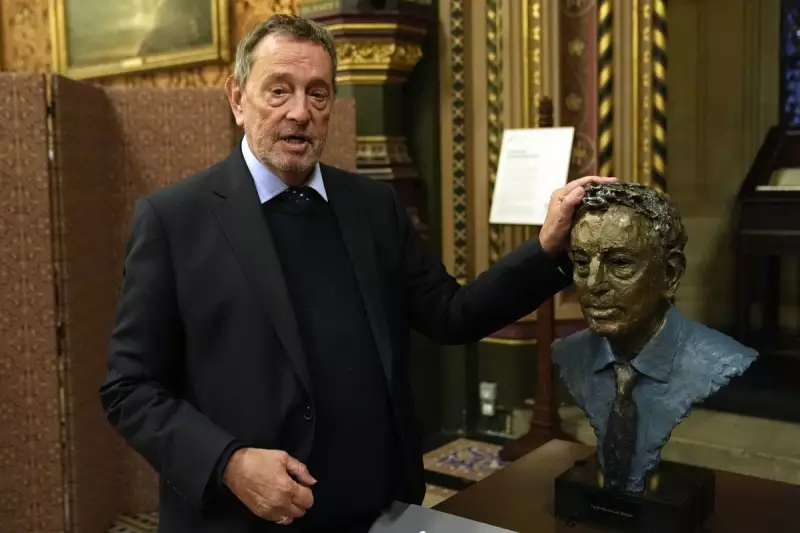
In a stunning revelation that exposes the hidden tensions within Tony Blair's New Labour government, former Home Secretary David Blunkett has confessed that the administration secretly planned massive tax increases totalling £30 billion while publicly pledging not to raise income tax.
The Secret Budget That Never Was
Speaking with remarkable candour, Lord Blunkett disclosed that Treasury officials under Gordon Brown's leadership had prepared detailed plans for significant tax rises. This covert preparation occurred while the government maintained its famous 1997 election promise of "no increase in income tax rates" to the British public.
"We were planning to raise £30 billion in taxation," Blunkett revealed, sending shockwaves through political circles. "The Treasury had it all worked out."
A Government Divided
The former cabinet minister's confession exposes the deep divisions that existed within New Labour's top ranks. Blunkett suggests that key figures, including Blair himself, were kept in the dark about the full extent of the Treasury's tax plans.
Blair's apparent ignorance of the detailed proposals highlights the complex power dynamics between Number 10 and the Treasury during this pivotal period in British politics.
The Public Promise vs Private Planning
What makes this revelation particularly explosive is the stark contrast between the government's public commitments and its private preparations. While ministers confidently assured voters that income tax rates would remain unchanged, behind closed doors, Treasury mandarins were calculating how to extract billions more from taxpayers.
This disclosure raises fundamental questions about political transparency and the gap between election promises and governmental reality.
Blunkett's Political Legacy
The timing of these revelations is significant, coming as Labour positions itself for a potential return to power. Blunkett's extraordinary candour provides a rare, unfiltered glimpse into the inner workings of one of Britain's most successful political machines.
His comments serve as both a historical record and a cautionary tale about the challenges of maintaining political integrity while managing economic realities.





